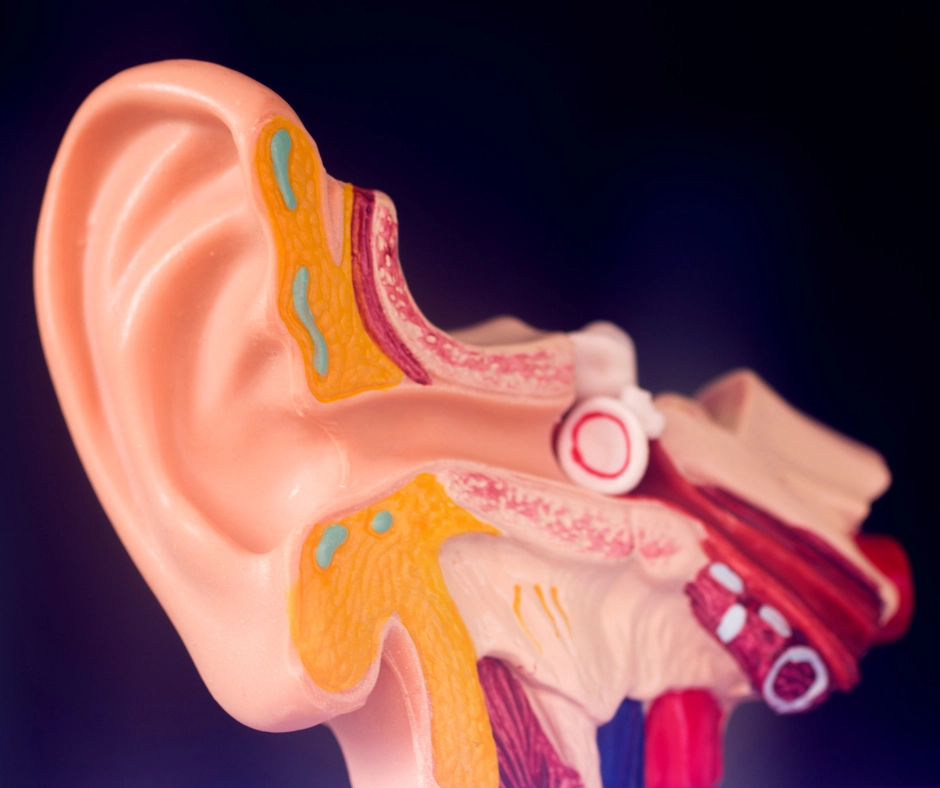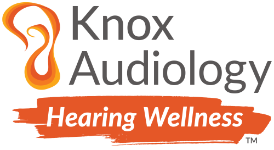Could It Be APD? Recognising the Signs of Auditory Processing Disorder in Children and Adults

Have you ever noticed that your child seems to “hear” you but doesn’t always seem to understand? Or perhaps you find yourself asking people to repeat themselves, even though your hearing tests are normal? These could be signs of Auditory Processing Disorder (APD), a condition that affects how the brain makes sense of sound.
At Knox Audiology, we help people of all ages understand and manage APD through expert assessment, education, and support.
What Is Auditory Processing Disorder (APD)?
Auditory Processing Disorder occurs when the ears detect sound normally, but the brain struggles to process and interpret it correctly. In simple terms, the message is heard, but it’s not always understood.
This means someone with APD might hear words clearly but have difficulty recognising subtle differences in sounds, understanding speech in background noise, or following rapid or complex instructions.
APD is not the same as hearing loss. Standard hearing tests often show normal results, but the listening challenges remain. This is why APD can go undetected for years especially in children, where it can affect learning, concentration, and social confidence.
Common Signs and Symptoms of APD
In Children
Children with Auditory Processing Disorder often experience challenges that can be mistaken for inattentiveness or learning difficulties. Common signs include:
• Struggling to follow verbal instructions, especially when multi-step or given in noisy environments.
• Asking for repetition (“What?” or “Pardon?”) even though hearing is normal.
• Difficulty learning new vocabulary, rhymes, or phonics.
• Appearing distracted, especially in classrooms or group activities.
• Trouble understanding stories read aloud or remembering what was said.
• Difficulty distinguishing similar-sounding words (e.g., “cat” vs. “cap”).
• Performing better in quiet, one-on-one situations than in groups.
These signs often lead to frustration, misunderstandings, and poor academic confidence — making early recognition critical.
In Adults
Adults can also experience APD, though it’s often undiagnosed. Some individuals may have had it since childhood; others develop it after head injury, illness, or age-related changes in auditory processing. Signs may include:
• Difficulty understanding speech in noisy places such as restaurants or meetings.
• Mishearing words or misunderstanding instructions.
• Feeling mentally fatigued after long conversations.
• Trouble following fast talkers or group discussions.
• Difficulty localising where sounds come from.
• Avoiding social settings due to listening strain.
APD in adults can affect both professional and personal life, leading to communication challenges and reduced confidence.
APD vs. ADHD, Learning Difficulties, and Inattentiveness
Because the symptoms of Auditory Processing Disorder overlap with other conditions, it’s often misinterpreted. Children with APD may appear to “tune out” or “daydream,” when in reality, their brains are struggling to process auditory information effectively.
Here’s how APD differs from other conditions:
ADHD: Both conditions can involve distractibility and difficulty following instructions. However, in APD, the issue lies in the brain’s processing of sound, not attention span.
Learning difficulties or dyslexia: APD can make reading and spelling more difficult because it affects how sounds are linked to letters and words.
Inattentiveness: A person with APD might seem inattentive, but they are often working twice as hard to understand what’s being said.
This overlap is why a specialised auditory processing assessment by an audiologist is essential to ensure the right diagnosis and management plan.
Why Early Screening and Assessment Are So Important
Early detection can dramatically improve outcomes. For children, understanding an APD diagnosis helps parents and teachers adjust communication styles, learning methods, and expectations. For adults, it can validate years of difficulty and open doors to effective coping strategies.
At Knox Audiology, we offer comprehensive APD assessments using evidence-based testing to measure how your brain processes sound. Early screening allows for:
• Tailored listening strategies and therapy.
• Improved communication skills at home, school, or work.
• Reduced frustration and better concentration.
• Greater self-confidence and participation in group settings.
The earlier APD is identified, the more effectively it can be managed.
How Knox Audiology Supports Clients with APD
At Knox Audiology, we believe that knowledge and early intervention make all the difference. Our experienced audiologists provide:
• Comprehensive diagnostic testing for APD in both children and adults.
• Personalised management plans including listening exercises and environmental modifications.
• APD Therapy in the form of in-person or online auditory training
• Education for parents, teachers, and employers on communication strategies.
• Assistive listening devices and technology recommendations to improve clarity and reduce fatigue.
• Ongoing care and progress monitoring to ensure lasting improvements.
Our goal is to help each person with APD reach their full potential, whether that’s improving classroom learning, professional communication, or social confidence.
Take the Next Step: Discover Clarity with Knox Audiology
If you or your child struggle to follow conversations, especially in noisy settings, it might be more than just distraction it could be Auditory Processing Disorder.
Call us on 03 9800 5697 or book online to book an appointment. Our caring team will guide you through assessment, diagnosis, and practical steps toward better listening and understanding.
